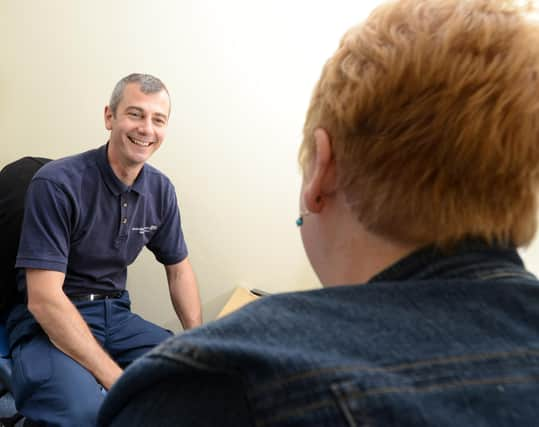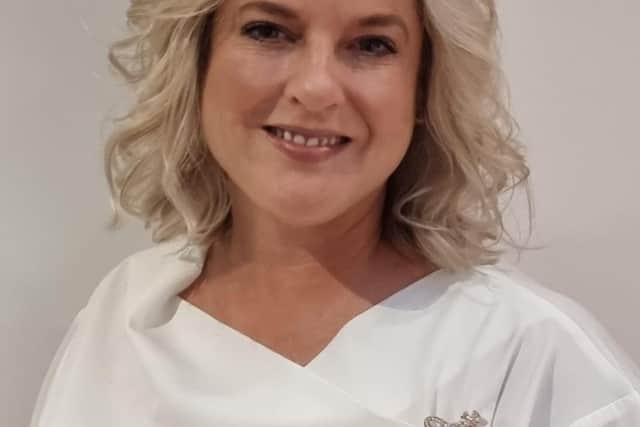COLUMN: There’s a range of health and wellbeing resources for staff


In March we celebrated International Women’s Day. The first International Women’s Day took place in 1911, to acknowledge the social, economic, cultural and political achievements of women.
International Women’s Day is still a date to celebrate how far women have come in society, politics and in economics. This year’s theme is embracing equity and acknowledging that equity is essential and gender equity needs to be part of every society.
Advertisement
Hide AdAdvertisement
Hide AdAt Lincolnshire Community Health Services NHS Trust (LCHS), the women’s network led the day with an inspirational webinar that was open to everyone.


LCHS has a range of health and wellbeing resources to support its staff. I’ve mentioned the women’s network. We also have parenting support, sleep support and wellbeing apps for our staff and resources and guidance on the menopause. This guidance is for everyone as we are committed to providing an inclusive and supportive working environment.
As we’re talking about women and health, I’m going to mention one of the women’s services we have in the trust, because in the day-to-day business of work or looking after family, women may put their own health issues on the back burner.
LCHS runs a sexual health service called Lincolnshire Sexual Health (LiSH), which provides integrated sexual health and contraception services, including cervical screening (smear test).
Advertisement
Hide AdAdvertisement
Hide AdWomen and people with a cervix aged 25-64 receive a cervical screening invitation letter, for them to book an appointment with their GP or at a LiSH clinic.
This test is to check the health of the cervix, which is the lower part of the womb. For most people, the screening will show everything is fine but for one in 20 women there may be some changes in the cells that can be caused by many things. Most of these changes will not lead to cervical cancer.
Screening helps prevent cervical cancer by checking for a virus called high-risk HPV which causes nearly all cervical cancers. This is the best way to find out who is at higher risk of developing the cervical cell changes that, over time, could potentially lead to cervical cancer. Any cervical cell changes can be treated, preventing cervical cancer.
Cervical screening prevents up to 75 per cent of cervical cancers and saves 5,000 lives a year in the UK. The screening only takes a few minutes and these few minutes could save your life, so please book your screening when you receive your letter.